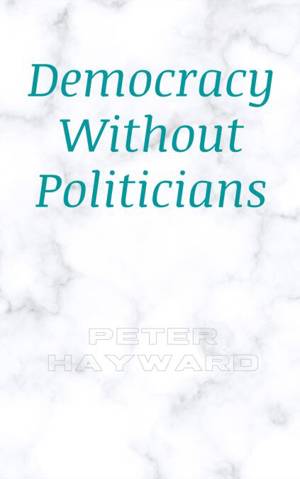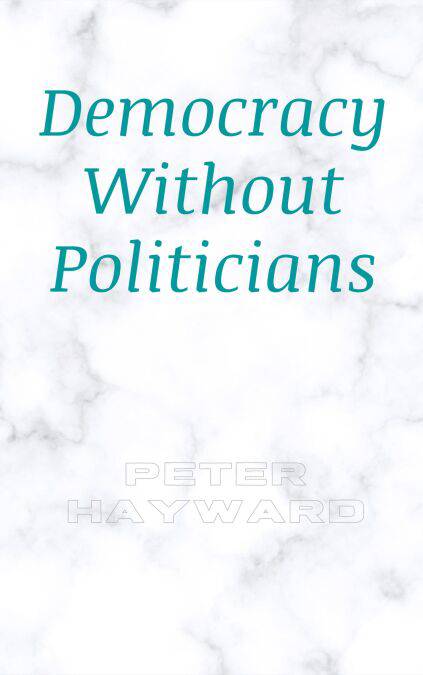
- Retrait gratuit dans votre magasin Club
- 7.000.000 titres dans notre catalogue
- Payer en toute sécurité
- Toujours un magasin près de chez vous
- Retrait gratuit dans votre magasin Club
- 7.000.0000 titres dans notre catalogue
- Payer en toute sécurité
- Toujours un magasin près de chez vous
Description
Although it will take this book to explore the mechanisms of this system, which I have named Juristical Democracy, in some detail, the essence of the system is simplicity itself, which is that the jury system that we already use to decide the guilt or innocence of individuals or corporate bodies should be applied to the lawmaking machinery of government itself. As we now put people and corporations on trial we should also put legislation on trial. The bills and legislation that are now decided by elected bodies should instead be put before a jury and be found worthy to be enacted into law or not, sent back to the sponsor to be modified or completely scrapped. The process that we now use in criminal trials of calling witnesses, or in this system, advocates, if you want to call them that, for the prosecution and defence, of cross-examination and rebuttal, with expert testimony on both sides, would be applied to the interrogation of the proposed bill or challenge to an existing law. This would, of course, profoundly alter the power dynamics of society in ways too numerous to fully predict and would be a risky leap into an uncertain future; but the future is uncertain now, is it not?
Spécifications
Parties prenantes
- Auteur(s) :
- Editeur:
Contenu
- Langue:
- Anglais
Caractéristiques
- EAN:
- 9798201633868
- Date de parution :
- 24-01-22
- Format:
- Ebook
- Protection digitale:
- /
- Format numérique:
- ePub

Les avis
Nous publions uniquement les avis qui respectent les conditions requises. Consultez nos conditions pour les avis.






